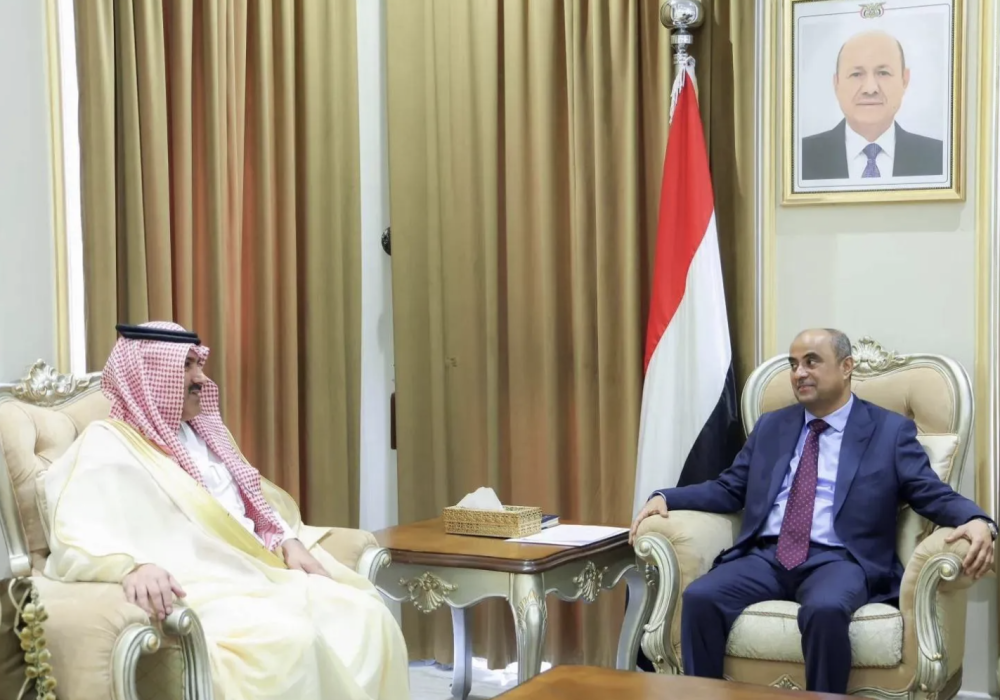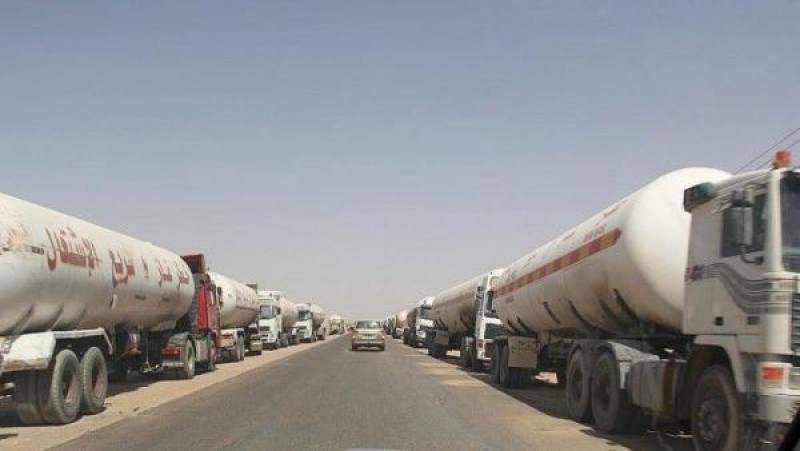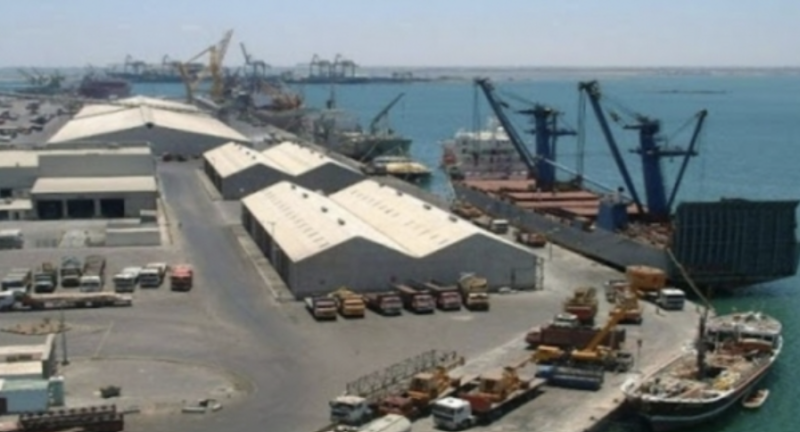IMF: Saudi Support Bolsters Yemen’s Economic Stability


The International Monetary Fund (IMF) has revealed that the latest Saudi financial package of $368 million to support Yemen’s budget and the energy and health sectors has helped stabilize the country’s macroeconomy.
According to a recent IMF report, Saudi financial support to Yemen, which totaled nearly $2 billion in 2023-2024, played a critical role in mitigating economic collapse. The Yemeni government was able to reduce its budget deficit to 1.9% of GDP in 2024.
After an eleven-year hiatus, the IMF announced the resumption of Article IV consultations with Yemen, describing the move as a “positive indicator” of renewed institutional engagement and more accurate economic data, despite ongoing conflict and its severe impact on both the economy and the population.
Yemeni Prime Minister Salem Bin Braik hailed the renewed dialogue with the IMF as a “pivotal moment in restoring Yemen’s presence within international financial institutions,” reflecting the government’s commitment to financial and administrative reforms despite numerous challenges.
The IMF report underscored that Yemen has endured one of the world’s worst humanitarian and economic crises since the conflict began in 2014. Real GDP contracted by approximately 27% over the past decade, while per capita income fell sharply. Inflation and currency devaluation have eroded household purchasing power.
The report noted that following the suspension of oil exports due to Houthi attacks on oil facilities in 2022, Yemen became a net oil importer for the first time in decades.
Today, more than half of the population requires urgent humanitarian aid, as the economy suffers from structural weaknesses, widespread food insecurity, and mass displacement.
Government revenues fell from 22.5% of GDP in 2014 to below 12% in 2024, with public debt exceeding 100% of GDP in government-controlled areas. The current account deficit widened to about 11% in 2024, and foreign exchange reserves dropped to less than one month of imports.
The IMF stressed that Saudi financial support, totaling roughly $2 billion in 2023-2024, helped curb further deterioration, allowing the government to reduce the budget deficit to 1.9% of GDP in 2024.
The IMF forecast a slight contraction of 0.5% in 2025, followed by gradual recovery starting in 2026 with 0.5% growth, reaching 2.5% by 2030. Recovery is expected to be driven by rising non-oil exports, remittances, and ongoing agricultural and development projects. Inflation is projected to ease as the exchange rate stabilizes and global food supplies improve.
The IMF further warned that ongoing political instability and renewed conflict could undermine reforms and delay economic recovery. External financial support remains crucial to maintain public services and prevent humanitarian deterioration.
The September 2025 Saudi package, alongside contributions from the UAE, represented a “positive step” toward macroeconomic stability.
The report emphasized that achieving fiscal balance will require unified tax and customs revenues, rationalized public spending and improved financial transparency.

Aden — The Yemen Gas Company announced Friday the deployment of a fleet of 461 trailers carrying household gas to the interim capital Aden an…

Aden — The internationally recognized government of Yemen has announced the signing of a major agreement to rehabilitate and relaunch operati…

Aden -- Yemen Airways has announced the cancellation of the mandatory round-trip ticket requirement for passengers traveling from Yemen to Saudi Ar…